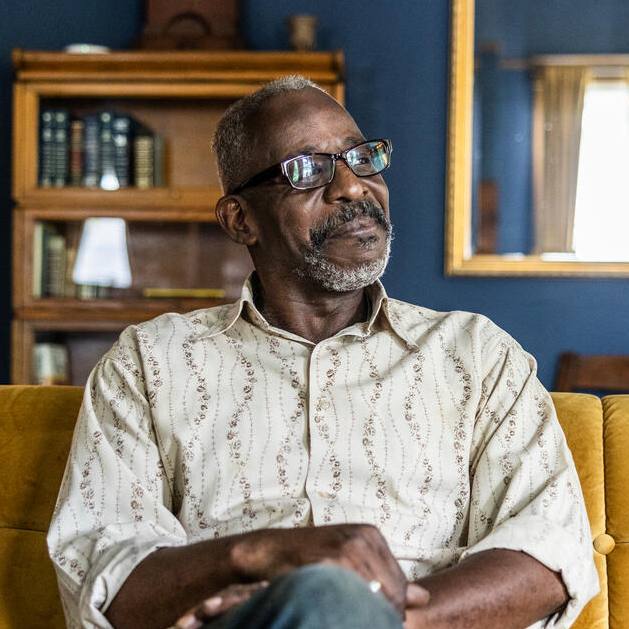-
Resolving Conflicts Over End-of-Life Care
It’s one of the toughest questions patients and their loved ones can discuss with physicians: When is further medical treatment futile? The conversation can become even more difficult if patients or their families disagree with health care providers’ recommendations on end-of-life care. Mayo Clinic experts Christopher Burkle, M.D., and Jeffre Benson, M.D., write in the November issue of Mayo Clinic Proceedings that early, clear communication between patients and their care teams, choosing objective surrogates to represent patients and involving third parties such as ethics committees, can help avoid or resolve conflicts.
The conversation can become even more difficult if patients or their families disagree with health care providers’ recommendations on end-of-life care. Mayo Clinic experts Christopher Burkle, M.D., and Jeffre Benson, M.D., write in the November issue of Mayo Clinic Proceedings that early, clear communication between patients and their care teams, choosing objective surrogates to represent patients and involving third parties such as ethics committees, can help avoid or resolve conflicts.
Click here for news release
To interview Dr. Burkle or Dr. Benson contact:
Alaine Westra
westra.alaine@mayo.edu
507-284-5005.
Related Articles







